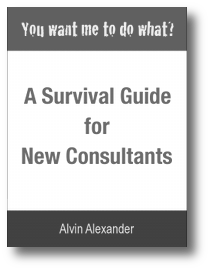Personal reminder for the day: It’s easy to be a critic, and it’s hard to do the actual work, to ship a great product. It takes no energy at all to be a critic, but it takes hundreds or thousands of hours to do great work.
I was going to share a story about someone who was a harsh critic of the Scala Cookbook when I was about 80% done with it, and how he later went on to have major problems shipping a product himself, but rather than get into all of those details, I’ll just stick with that reminder. Okay, I’ll add one point here because it is important: As a critic he had a number of good ideas, but also several crazy ideas. This got to the point of being such a distraction that I had to ask my editor to thank him for his contributions to date, but that his assistance would no longer be needed.
Getting back to how easy it is to be a critic, I used to say to one critical employee, “You get 10 points for pointing out the problem. You get 90 points for solving it.” To his credit he took this well, and became a valuable employee and co-worker.
(A final note: When I first became a manager, I thought of employees as being productive on a scale of 1 to 10, with 10 being the most productive. Initially this worked well, but after a few bad hires I realized that some people deserved negative numbers, meaning that they slowed down existing teams. While that sounds harsh, think of it this way: If you have two employees who are each giving you 10 units of work every week, you have a total of 20 units of work. But if you add someone to that team who keeps causing problems (it constantly takes time to explain things to them, they break things, they are a distraction) and is adding no good work of his own, he will slow the first two down so that their output is now less than 20. Therefore, this person’s contribution to the team speed is a negative number. (New team members will often slow down an existing team when they’re first added, but after that they should help the team’s speed, but if they don’t help improve the team speed after a while you have to take them off the team.))
